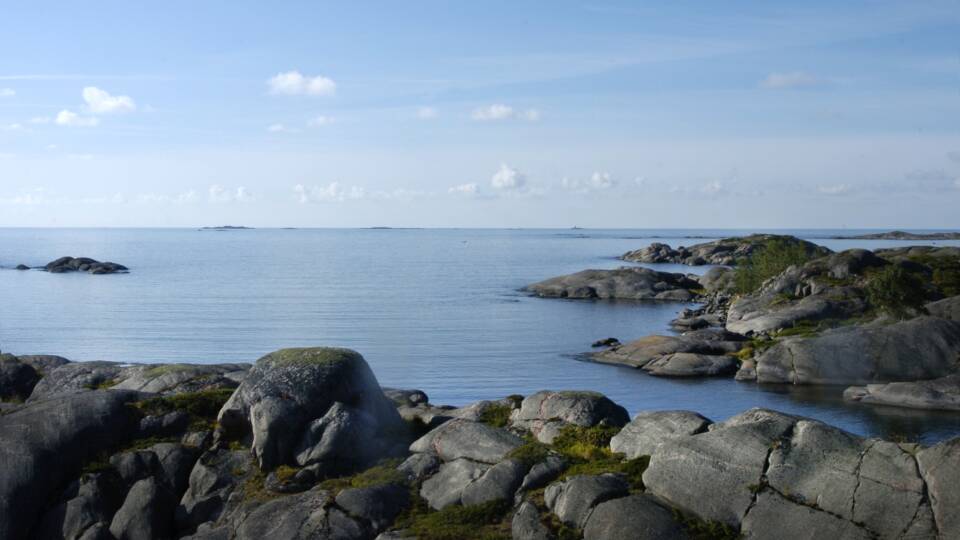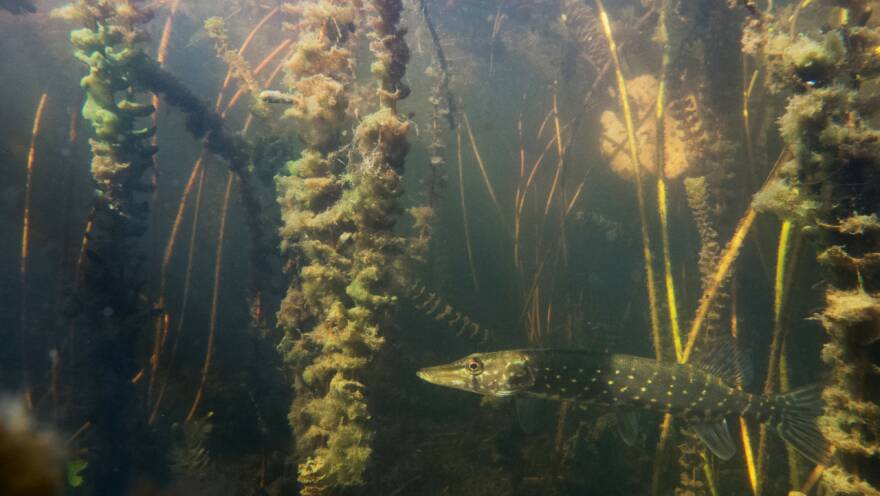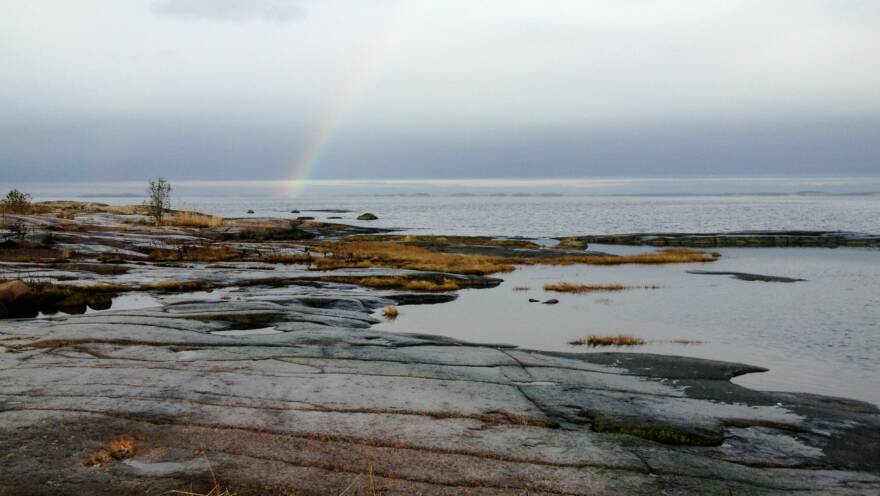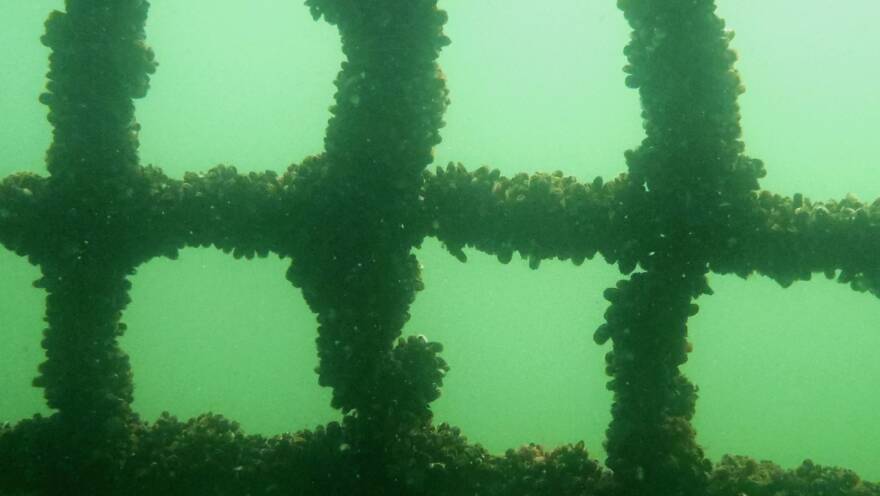
The Baltic Sea is important to the Finnish people – research explores and evaluates the sea’s benefits
The Baltic Sea offers many benefits and services to the Finnish people. The sea produces fish for consumption, and marine plants and algae bind carbon dioxide from the air. The varied seascapes also inspire both artists and songwriters. These diverse benefits produced by the marine ecosystem are known as ecosystem services.
Marine-related societal and economic research explores, among other things, what kinds of ecosystem services the sea produces, as well as the value they provide. When the value of the sea is known, it can be incorporated into the accounts of the national economy. Economic analyses help manage the sea more efficiently.
How do you calculate the value of different ecosystem services?
The value of some ecosystem services is easy to determine. For example, the asset value of a commercial fish catch is known based on the market price of the fish, as well as the financial cost of fishing. The same applies to the extraction of resources from the seabed, e.g. ferromanganese nodules.
However, there are no direct markets for most of the services produced by the sea. The sea provides humans with well-being, produces recreational opportunities for them and awakens inspiration within them. Such commodities cannot be bought and sold for cash. However, they can be valued based on questionnaires or surveys of travel costs. For example, how much are people willing to pay for an experience offered by the sea and the possibility of travelling to enjoy it?
The value of some services may also be determined indirectly through other market prices and costs. For example, the value of marine vegetation can be provided by its ability to bind carbon and nutrients.

Marine nature and biodiversity also have intrinsic value
When the economic importance of ecosystem services is known, a monetary value is achieved which can be used to preserve a functioning and prosperous sea. This is an important indicator when an activity on the other side of the scales is acting as a burden, e.g. the exploitation of seabed gravel resources. If such gravel extraction destroys an important fish spawning area, the scale may tilt toward the side of ecosystem conservation.
However, not everything can be measured with money. Marine nature and its diversity also have an intrinsic value which is independent of man. Indeed, preserving biodiversity is a kind of framework condition that should be reflected in all marine-related decision-making. Research also supports this: studies show that a biodiverse nature is capable of giving even more well-being to humans..

Knowing the value of a marine area provides the basis for decision-making
The Finnish Environment Institute (SYKE) systematically examines and maps the ecosystem services provided by the most important habitats and evaluates their condition in the Baltic Sea. At the same time, the significance of these services for human well-being and health is being explored while an attempt is being made to determine their economic value.
-
 Go to the website
Go to the websiteROSEMARIE project (syke.fi) (siirryt toiseen palveluun)
The purpose of this research is to support and facilitate the use of scientific knowledge in social decisions concerning the Baltic Sea. Information is needed, for example, when planning the use of a marine area, developing sea-based livelihoods, or seeking the most effective way to enhance marine protection.
Ecosystem accounts branch out to the accounts of the national economy
Determining the value of an ecosystem creates the conditions for ecosystem accounts. It aligns the values of ecosystems and the services they provide with the accounts of the national economy. Thus, these values can be considered, for example, when calculating GDP (gross domestic product).
The ecosystem account system is being developed through international cooperation. This partnership involves several universities and research institutes, as well as some major organisations such as the UN, OECD (The Organisation for Economic Co-operation and Development), the European Union, and the World Bank.
The Finnish Environment Institute (SYKE) has investigated how research data and other information from the Baltic Sea can be utilised in marine ecosystem accounts. The method has so far only been applied to a few ecosystem services.
Links to the 2018 ESTAT-EEA project and report:
Marine management requires economic analysis
To manage the sea effectively, the economic background factors must be known. Finland’s maritime management is governed by the European Union’s Marine Framework Directive. It sets the goal of marine management to bring the seas into good condition.
The Marine Framework Directive also requires that national maritime management be based on the economic analyses of the use of marine areas, the benefits of improving the state of the sea, and the cost-effectiveness of maritime management. Such analyses are aimed at improving the cost-efficiency of maritime management, as well as researching the impact of changes in the state of the sea on the national economy and well-being. In this way, maritime management can be concentrated on the most environmentally effective measures.
Economic analyses of the management of the Baltic Sea are also carried out in cooperation with other Baltic Sea countries. This work is coordinated by the Baltic Commission for the Protection of the Baltic Sea (HELCOM).
-
 Find out more
Find out moreMarine management and environmental protection
-
 Point of view
Point of viewWhat is ecological compensation?

